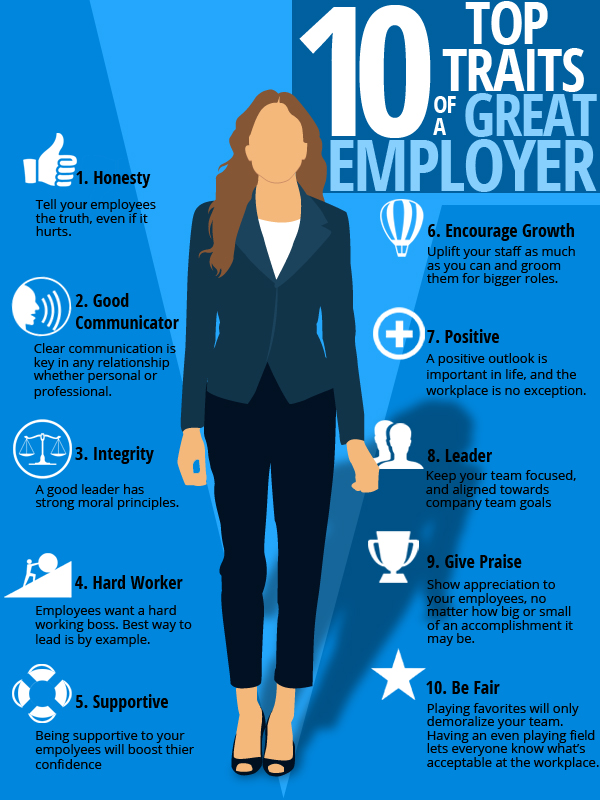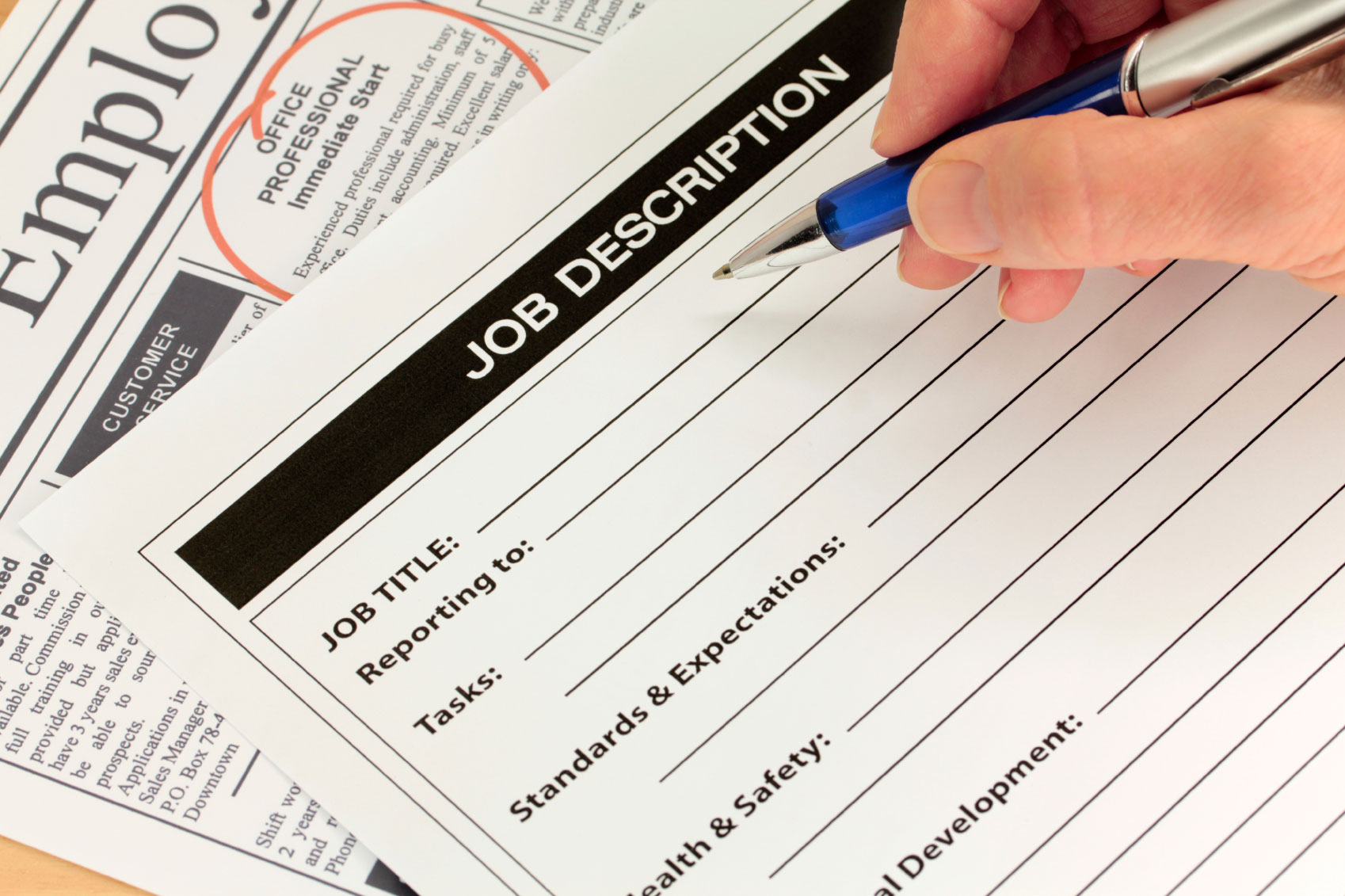Tips on How To Be a Successful Restaurant Owner
/Behind every great restaurant is a great restaurant owner. In order for your restaurant to become a success, you'll need to be an effective leader for your team. Here are four key pieces of advice on how to be a successful restaurant owner:
Listen to your staff.
Your staff, especially the front-of-house team, interact with customers on the daily. They have a first-hand account of what the dining hall is like, and what can be improved so that they can serve guests better. Hear your employees out by holding sessions where they can voice out their concerns. Stay close to them, so they feel comfortable enough to share their ideas.
Your guests are equally as important.
Like your staff, your customers' feelings should not be overlooked. Include a suggestions/comments card along with the bill, so that diners can rate their experience, the service, the food and other items that you want to know more about. Gather the cards and analyze them to see if there are any particular patterns. Publish the results, then have your staff go through them. Review the information as a group, as well, so that everybody understands what needs to be fixed.
Leave room for growth and expansion.
Keep in mind you cannot rush success. It is possible that your restaurant can expand in physical size/scale and you might need to hire more staff. Also, realize that at a certain point, growth and sales will slow down. Be sure to have a back-up plan or ideas on how you can help grow the business. Maybe consider opening a second location, or even relocating. If not, what about reworking your restaurant's concept, menu, etc.?
Remember your role as the leader.
As the restaurant owner, be sure that you lead by example. Conduct yourself as a person that is hard working and dedicated to the restaurant. When your employees see that, they will be encouraged to be so too. You want your staffers to know you as somebody that is strong and dependable.
Looking to hire in Hospitality?
Discover top talents on Harri
Follow Harri on Facebook and Twitter
for real time job posts and industry news.














